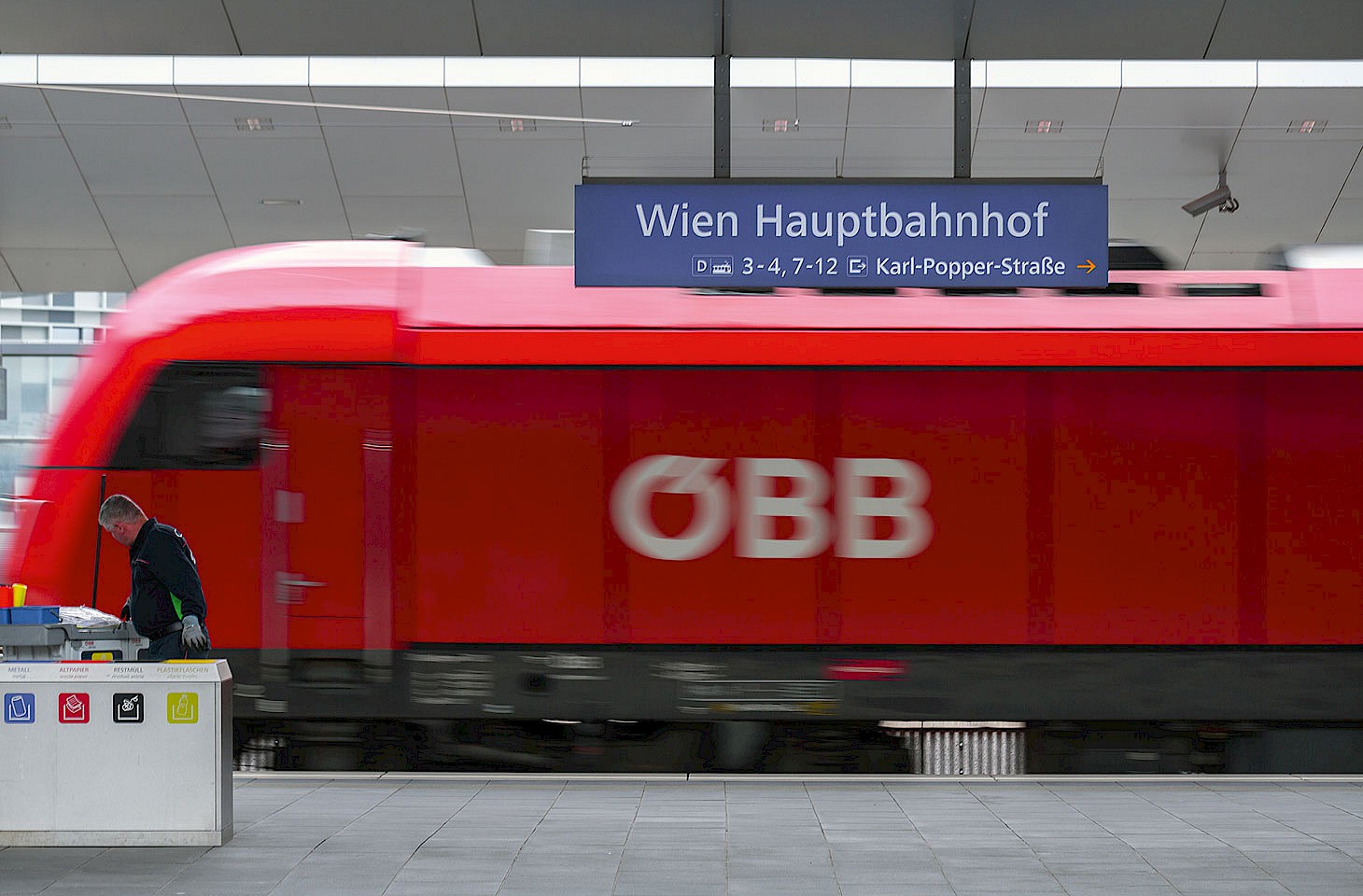We have been taking a look at which cities around Europe have enjoyed capital of culture status. Including this year’s trio of cities that share the title, there have thus far been over forty cities which have received the European accolade. Or, to be strictly correct, forty-one and a half cities and one region.
Why the half? Well, in 1988 the European Union bestowed the title on West Berlin, evidently taking care to ensure that the East did not get a bite of the cultural cherry.
And the region? That was in 2008 when a cross-border area that stretches from Maastricht in the Netherlands down to Metz in France was awarded capital of culture status.
This year, three cities share the cherished title: Istanbul, Pecs and Essen. So we have the Turkish city on the Bosphorus that is the largest in Europe, a rather intriguing mid-sized city in southern Hungary and an old industrial town in Germany’s Ruhr region. Essen has come a long way since the days when its wealth and commercial status depended on steel production, coal mining and the armaments industry. Essen persuaded UNESCO in 2001 that a long abandoned coal mine warranted designation as a World Heritage Site. And now, with the capital of culture feather in its municipal cap, there is no knowing what other trump cards Essen still has up its sleeve.
The EU has never bestowed capital of culture status on anywhere in Russia, Ukraine or Belarus. So the Minsk government has its own national programme for identifying a cultural hotspot in Belarus. Polotsk is this year’s cultural capital of Belarus. The city, in the north-east of the country, has a rather distinguished cultural history with a unique pioneering role in the Slavic world in printing and calligraphy - a place that could surely hold its own against many of the cities that have received the EU's culture capital prize.
Nicky Gardner and Susanne Kries
(hidden europe)


